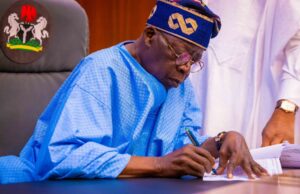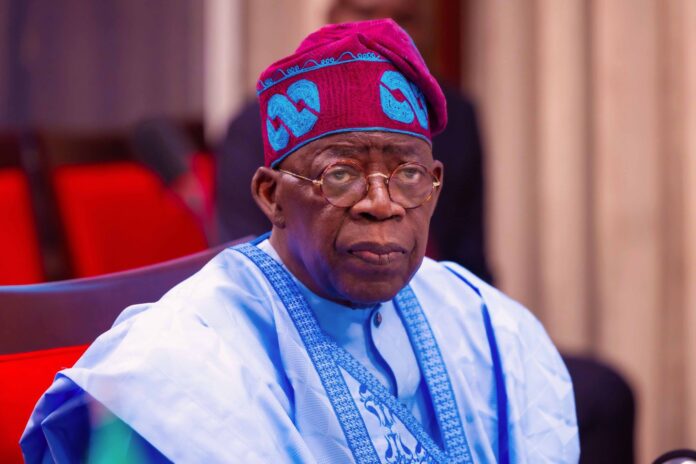President Bola Ahmed Tinubu’s frequent foreign trips and the tangible benefits they may yield for Nigeria have come under scrutiny from policy experts and civil society groups. At a recent program organized by Dataphyte Foundation, a non-profit focused on leveraging data for national development, participants called for concrete results from the president’s diplomatic shuttles.

Moderated by Dataphyte’s Board Chair Yop Pam, the virtual event evaluated the impact of Tinubu’s foreign policy on Nigeria’s democratic progress in his inaugural year. Experts like Dr. Omosefe Oyekanmi from the Nigerian Institute of Social and Economic Research (NISER) and Dataphyte’s Insight Lead Oluseyi Olufemi weighed in.
While acknowledging that one year is insufficient to fully assess an administration, Oyekanmi noted Tinubu’s robust bilateral and multilateral engagements signal an intent to position Nigeria advantageously. However, she emphasized that previous governments also signed numerous agreements that failed to translate into tangible gains due to implementation lapses.
“This administration must be willing to ensure that the diplomatic shuttles translate to tangible gains,” Oyekanmi stressed, adding that Nigeria’s regional hegemonic ambitions hinge on first regaining domestic power by addressing corruption, bureaucratic inefficiencies, and sound local policies.
Researcher Patrick Adewunmi observed that while Tinubu’s first year featured extensive diplomatic efforts and initiatives to attract foreign investments, the economic benefits remain elusive. He advised aligning actions with broad policy frameworks, prioritizing cooperation over confrontation, fostering regional cooperation, and embracing multilateralism for global relevance.
Olufemi, Dataphyte’s Insight Lead, underscored the inextricable link between domestic and foreign policies, stating, “We cannot divorce domestic policies from foreign policy. Diplomacy centres on the country’s interests. While the new administration is focused on building wealth, the real challenge lies in improving welfare.”
Reflecting on Dataphyte’s analysis titled “Tinubu’s One Year in Office: Economy, Employment and Other Entanglements,” Olufemi noted the president’s actions have been “a two-edged sword.” While Tinubu embraced democracy in Africa, Olufemi said he misread the Niger Republic case, which was about separating democracy from sovereignty and France’s overbearing influence.
The program provided a platform for in-depth analysis of Nigeria’s progress in engaging with foreign diplomacy under Tinubu’s administration, highlighting how the Renewed Hope Mandate’s four pillars – Democracy, Development, Demography, and Diaspora – are shaping the nation’s foreign policy landscape.
As Tinubu’s administration continues its diplomatic overtures, stakeholders are keeping a watchful eye, urging the president to convert his frequent foreign travels into tangible economic and developmental gains for Nigeria. The clarion call is for Tinubu to leverage his international engagements to secure investments, trade partnerships, and strategic alliances that can drive sustainable growth and uplift the lives of Nigerians.




